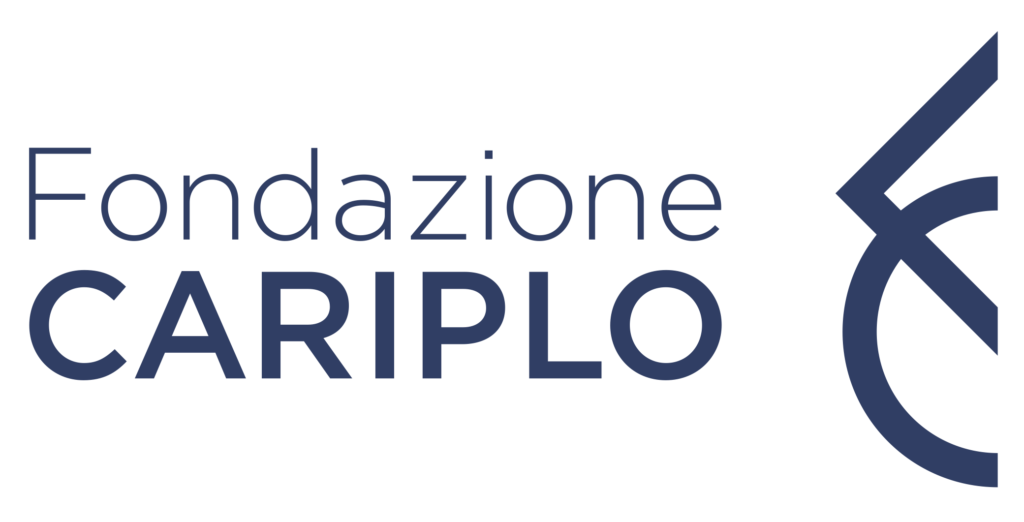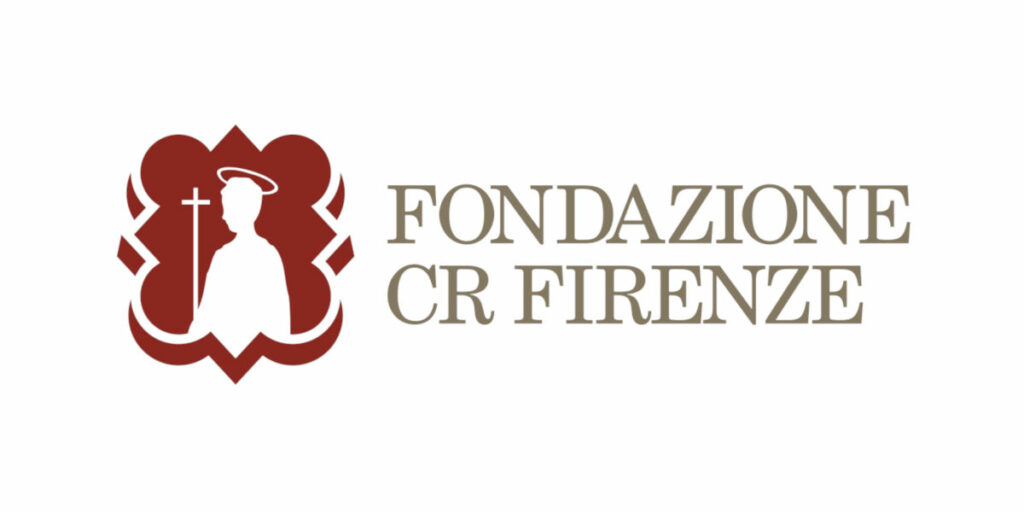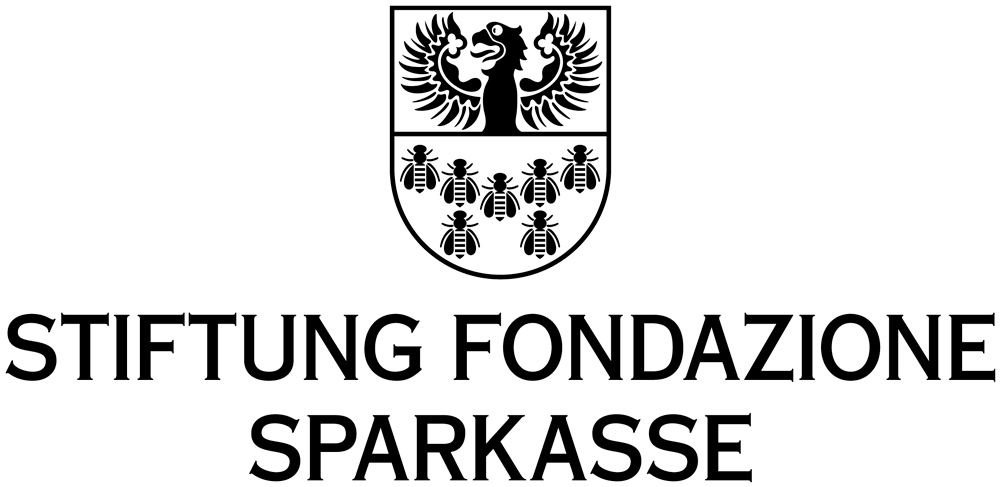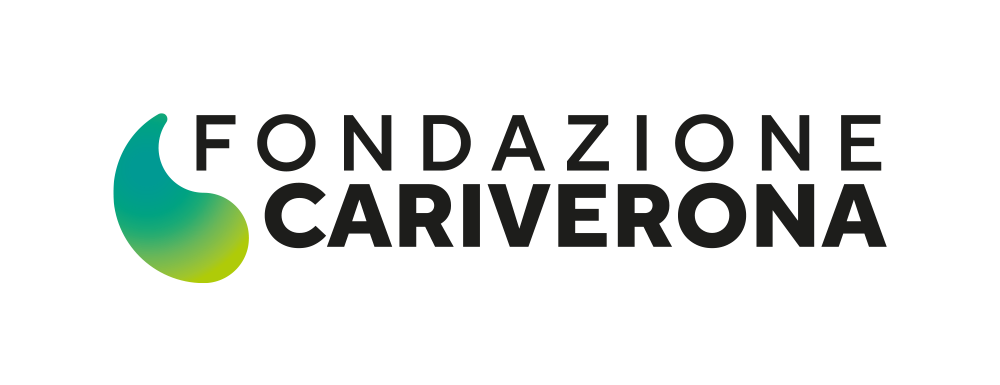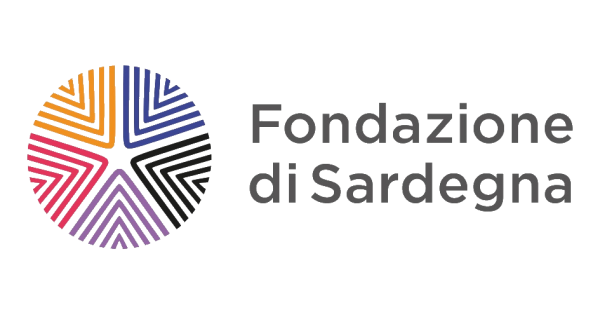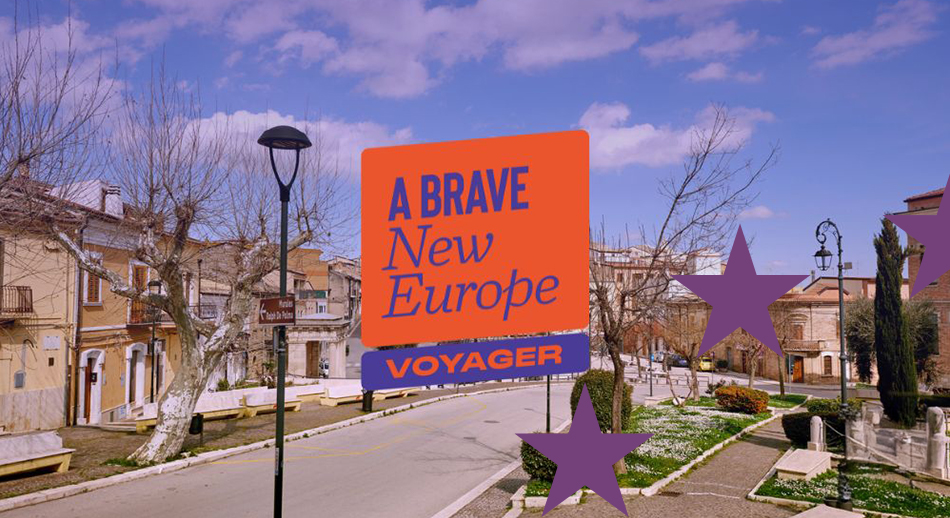The guide to European projects, programs and funds.
This guide is a free and constantly updated leading light in the world of EU Projects and Funding.
It is a fully-fledged toolbox, featuring news, updates, funding opportunities, analyses, reviews, training materials and more, to understand EU programmes and funds and help you develop your projects.
The contents of the Guide
The basics, the structure and the method for working on European projects
A quick access point to information and links on specific programmes
News, tools, interviews, calls and resources – to learn better, and more
Partners
Featured articles
A European project and a team of specialists to tell citizens about European projects and issues crucial to Europe’s future.
For you, a review of what’s new for the month of March, published as always on our Calls Portal. A rich review, including as many as 237 new calls: in fact, from this month we also present opportunities from agricultural and rural funds in the different Italian regions.
Rural calls and funds are one of the main sources of resources and planning for our local organisations: a refresher to learn about them and to read up on them
We discover the path and activities of the Community Foundation of Agrigento and Trapani, an engine of aggregation, planning and development in its local organisations.




